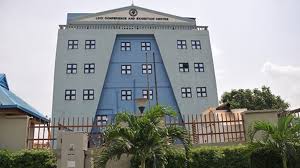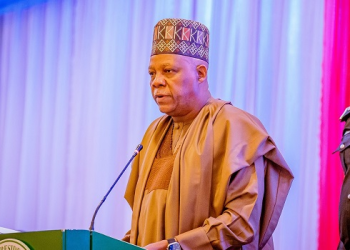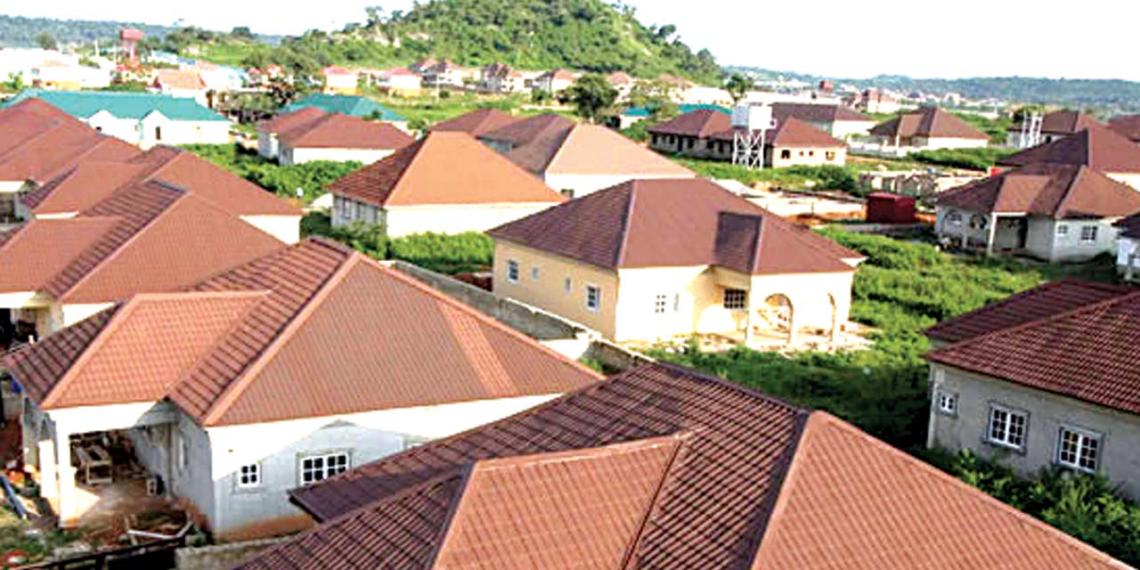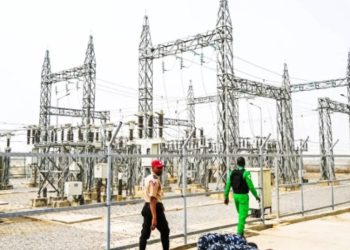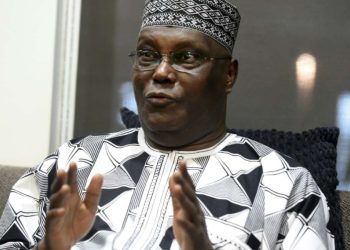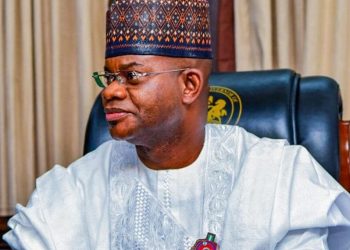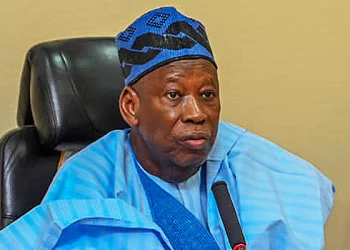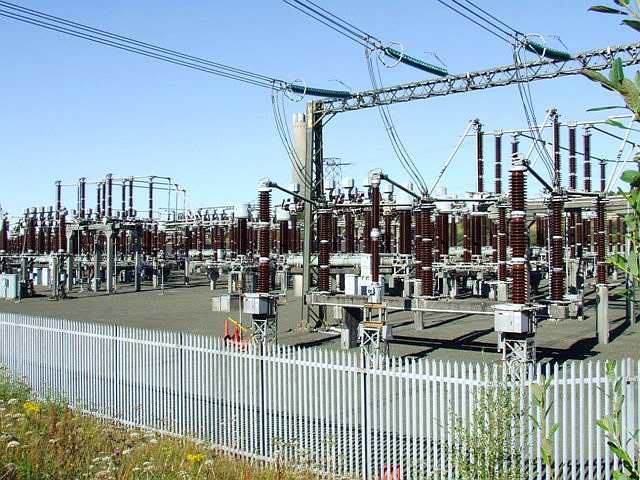The Lagos Chamber of Commerce and Industry (LCCI) has tasked the Federal Government on investments in export infrastructure and other mechanisms to sustain the country’s trade surplus of N1. 97 trillion recorded in the second quarter of 2022.
LCCI president, Dr Michael Olawale-Cole, gave the advice at a press conference on the state of the economy on Thursday in Lagos.
The value of exports rose by 4.31 per cent to N7.41 trillion in Q2 from N7.10 trillion in Q1.
However, the value of imports declined by 7.89 per cent to N5.44 trillion in Q2 from N5.90 trillion in Q1 with trade balance standing at a surplus of N1.97 trillion in the second quarter.
Olawale-Cole stressed that sustaining the trade surplus meant the country needed enhanced and automated port operations, tackling high production costs, and boosting the supply side of the foreign exchange market to improve liquidity and its easy access.
He added that Nigeria also needed to diversify its exports by boosting local crude refining capacity, production of petrochemical products, and accelerating reforms in the oil and gas sector to attract more foreign investments in the coming months.
He commended government on the initiative to produce the new national trade policy 2023-2027, which would replace the outdated trade policy that had been in place for years.
“It is hoped that when this policy is approved by the Federal Executive Council (FEC), it will support robust trade relations between Nigeria and the rest of the world,” he said.
Assessing the country’s domestic outlook, the LCCI president said the growth of 1.2 per cent recorded for agriculture and 3 per cent for manufacturing were low when compared with other sectors that grew above 5 per cent.
This, he said, indicated the threats facing these sectors that power the real sector and added that the woes in these two sectors were responsible for the frightening rise in the country’s inflation rate.
Olawale-Cole posited that the above, with the excruciating burden of debt service, subsidy payments, and worsening insecurity, may lead to the constraints of many more production in the coming months.
The industrialist recommended that fuel subsidies should be removed, and oil theft curtailed, if not eliminated, to provide fiscal space for subsidised production of goods, services, infrastructure, health, and education financing.
He added that while the Central Bank of Nigeria (CBN) embarked on monetary tightening to tame inflation, it should ensure that targeted concessionary credit to the private sector was sustained for Micro, Small and Medium Enterprises (MSMEs).
“The CBN needs to gradually transition to a unified exchange rate system and allow for a market-reflective exchange rate.
“The CBN also needs to roll out more friendly supply-side policies to boost productive sectors, bolster investor confidence and help attract foreign investment inflows to the economy.
“As a matter of urgency, the government must tackle the flood menace in the country by implementing environmental guidelines and establishing preventive infrastructure.
“The impact of climate change on agriculture is becoming more evident by the day, and quick response is critical to avert food insecurity and worsening food inflation,” he said.
Addressing Nigeria’s power generation, Olawale-Cole noting the constant collapse of the national grid, said it was evident that it could not supply sufficient power to meet the electricity demand of Nigerians.
This, he said, was because of reported issues of vandalisation of power installations, a disrupted gas supply, challenges with 100 per cent metering, and inability of distribution companies (DISCOs) to take up generated power.
He noted that with the cost of diesel at record levels and poor power supply, businesses were running at unsustainable costs and producing at uncompetitive prices.
This, he stressed, could lead to job losses if the output remained constrained due to unbearable cost of production.
“If not quickly tackled, these challenges will likely subdue the Gross Domestic Product (GDP) growth potential and projections for 2022.
“We recommend that government should invest more in technology to fight the vandalism of pipelines and power installations.
“The government should create funding for critical infrastructure and special-purpose intervention in the power sector.
“The most sustainable solution to nigeria’s power shortages is the transition to renewable energy and the decentralisation of the national grid,” he said.
On insecurity, the LCCI president commended the sacrifices of the Nigerian security personnel and urged them to consolidate the gains recorded.
This, he said, was important because of the forthcoming general elections in 2023 and, by extension, the stability of democratic governance in the country.
He noted that in the absence of peace and security, it would be challenging to hold credible, free, and fair elections that would reflect the choices of the electorate of those to lead them.
He also stressed the need to address the root causes of youth unemployment, drug abuse, uncontrolled small arms, and unmanned borders through which foreigners infiltrate the country.
“We also need to boost security enforcement through frequent recruitments into the security agencies and be well-supported with modern weaponry and deployment of warfare technology.
“Community policing and intelligence gathering need to be officially endorsed and systematically managed.
“In addressing the most significant components of human development, we urge governments at all levels to remain consistent in funding education, health, infrastructure and security,” he said.

